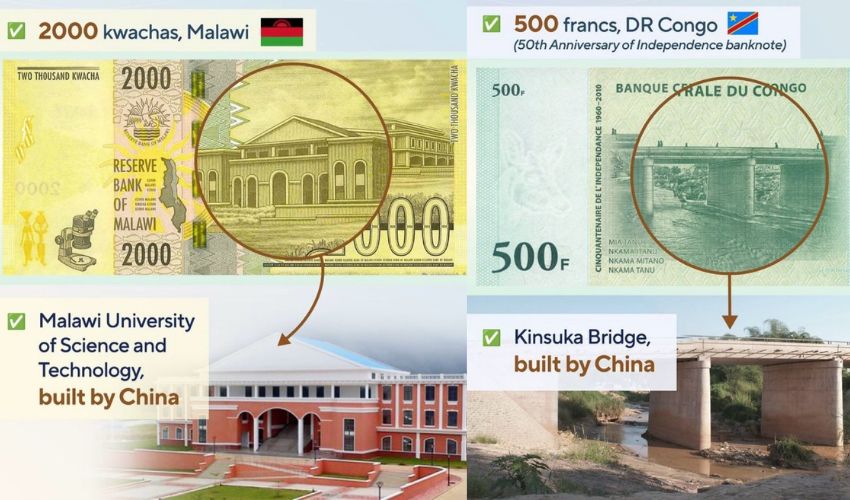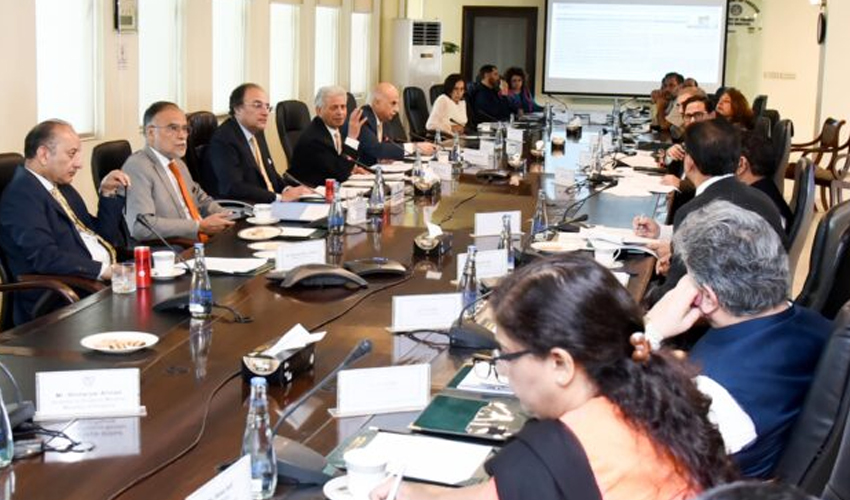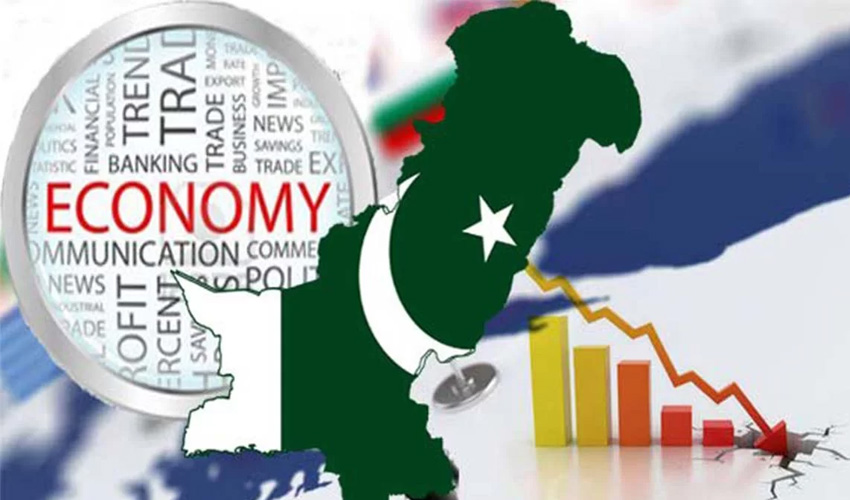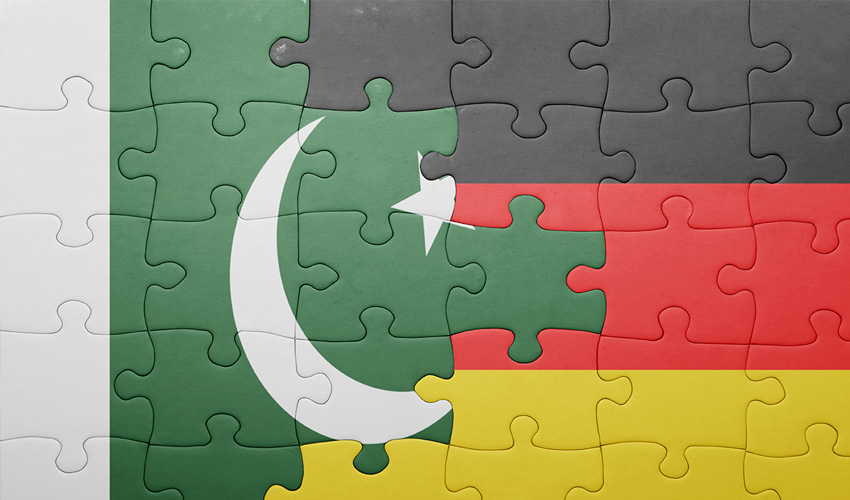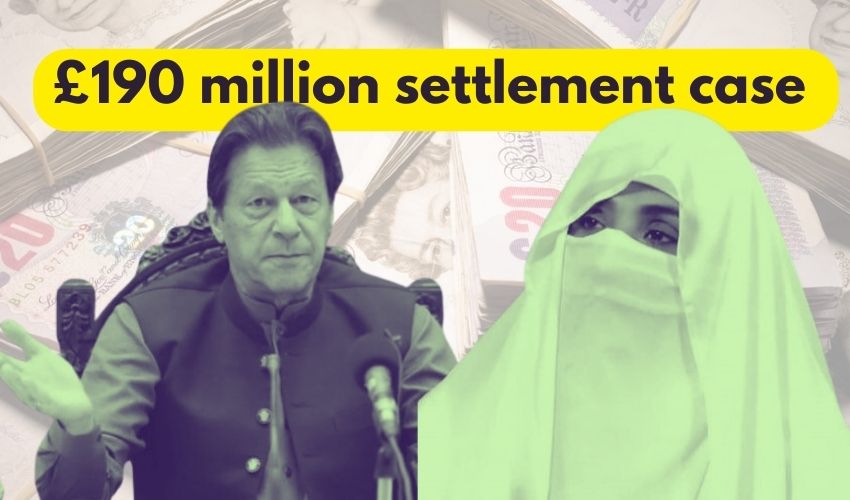At least 10 African notes or coins have Chinese projects on them, according to Beijing's foreign ministry.
As per the LinkedIn post by CNN International Correspondent based in Nairobi, Larry MadowoLarry Madowo the African currency notes feature new cities, bridges, hydropower stations, dams, universities, a mosque, a parliamentary building, and a satellite.
“No other nation is as prominent as China in the daily lives of so many Africans,” he commented.
Over the past two decades, China's investment in Africa has grown significantly, reshaping the continent's economic landscape and altering global geopolitical dynamics. The relationship is primarily driven by China's ambition to expand its global influence, and open new markets for its products and services.
China's investment in Africa spans a wide array of sectors, including infrastructure, mining, energy, telecommunications, and agriculture.
Through its Belt and Road Initiative (BRI), China has financed and constructed massive infrastructure projects, such as railways, highways, ports, and power plants, across the continent.

Notable examples include the Addis Ababa-Djibouti Railway, the Mombasa-Nairobi Standard Gauge Railway in Kenya, and various hydroelectric power stations in Ethiopia and Zambia.
As per estimates, by 2021, China's direct investment in Africa had exceeded $47 billion, making it one of the largest foreign investors on the continent. Chinese loans, often issued by state-owned banks, have also financed numerous infrastructure projects, with some estimates suggesting that China's overall financial commitment to Africa could be as high as $150 billion.
China's engagement in Africa is not merely economic; it is also highly strategic.
Africa's vast reserves of natural resources, including oil, gas, minerals, and rare earth elements, are crucial for China's industrial sector and overall economic growth. Securing these resources has been a primary driver of China's investment in African countries rich in natural resources, such as Angola, Nigeria, and the Democratic Republic of Congo.

By investing heavily in African economies, China aims to cultivate strong political and economic ties with African nations, thereby increasing its influence within international organizations such as the United Nations, where African countries represent a significant voting bloc.
China often frames its relationship with Africa as a "win-win" partnership, contrasting it with the West's historical and often exploitative involvement in the continent.
Through initiatives like the Forum on China-Africa Cooperation (FOCAC), China has deepened its diplomatic and economic ties with African countries, offering aid, development assistance, and favorable trade terms. These efforts are designed to position China as Africa's most reliable partner, countering Western influence and expanding China's global reach.






